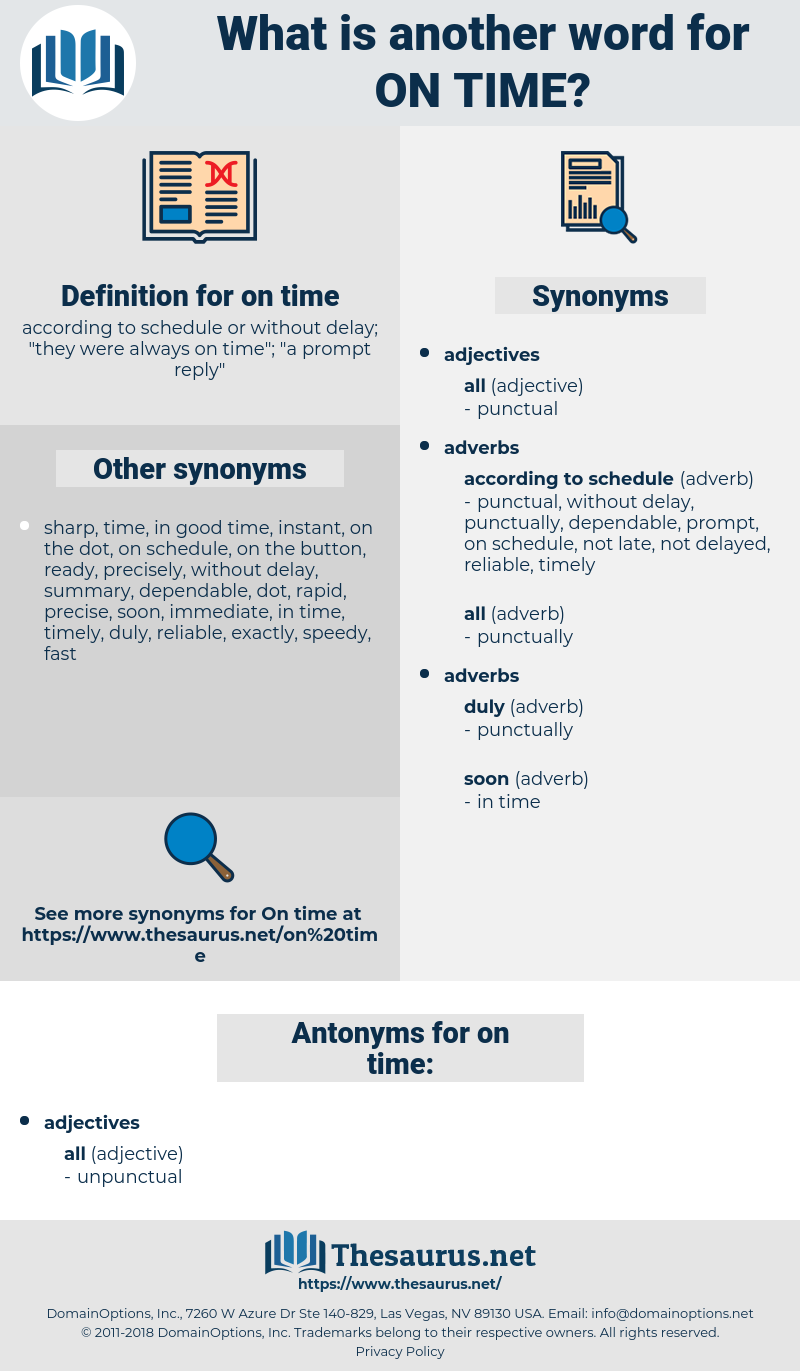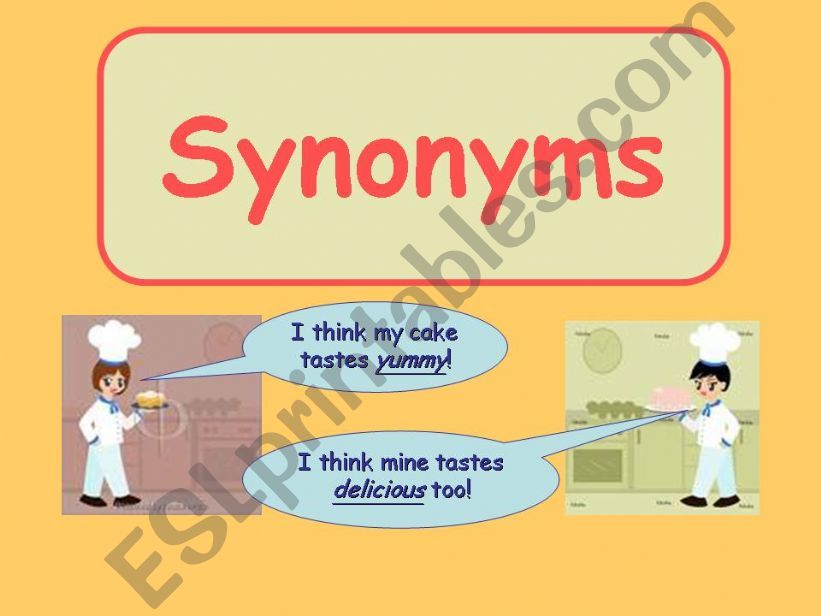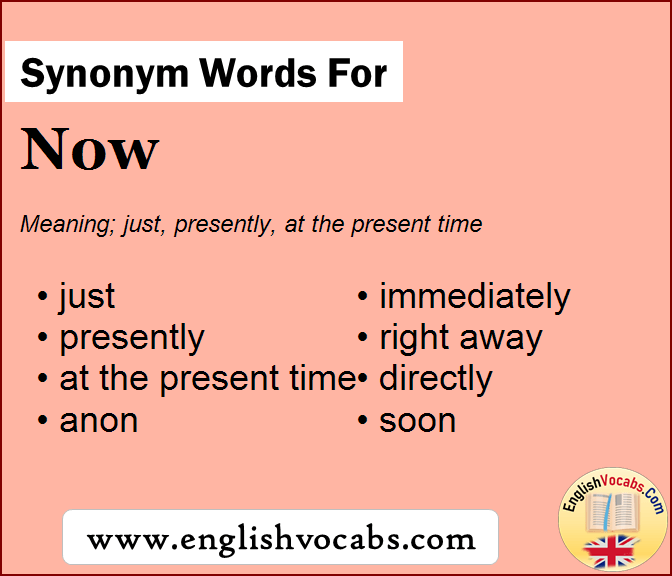
We need to complete these projects on a timely basis to impress the boss.We can’t say “on a timely fashion” because “fashion” or “manner” are both nouns that we need to accompany with “in.” You need to use a word like “basis” if you want to use “on” as a preposition (i.e., “on a timely basis”). Does that mean we can replace the “in” in the original phrase with “on?” Sometimes, we can use other prepositions before a phrase or idiom. They’re synonymous with each other, and that’s enough. However, because we’re talking about using “timely fashion” in this article, we must say that you should either stick to “timely fashion” or “timely manner.” There’s no need to combine the two any further than that. That’s why it’s important to never use the phrase “fashion manner.” There are much better choices out there. Of course, doubling up on the words isn’t ideal when you want to convey a particular meaning in English. Since “fashion” means “manner” and “manner” means “fashion,” if you combine the two words, you end up with a direct meaning as either “fashion fashion” or “manner manner.” “Fashion manner” is not a phrase you can say. People wonder whether “fashion manner” is a suitable replacement for any of the things we’ve mentioned here. “Timely fashion” is seen as a slightly more old-fashioned word, but you may still use it if it suits you. You can choose which one you prefer to use based on which sounds better. “Timely manner” has always been the slightly more popular of the two words, but both words are used. We can even refer to this graph to see that the two phrases are used throughout English literature (starting around the 1940s). “Fashion” and “manner” are synonymous when written in this way. If we refer to the earlier definition of “fashion” according to The Cambridge Dictionary, we’ll see that “fashion” also means “manner.”īoth “timely manner” and “timely fashion” are correct and are used interchangeably. We can use both of these words interchangeably with each other. If a meeting starts at nine, they’ll want you there five to ten minutes before. Generally, if someone talks about an arrival time in “a timely fashion,” they mean they want you there earlier than the agreed upon time. It’s most common in workplaces when a boss is keeping you to strict deadlines or asking you to arrive early for meetings. Using “timely fashion” is seen as more of a verbal contract and agreement rather than an actual definitive time you have to do something.

Someone might tell you to arrive at a certain time and arrive promptly, but there’s no guarantee that you need to. Often, we use it when a deadline has been set, though not completely arranged. We can use “timely fashion” to show that we’re doing something quickly.
#Synonym for timely free#

Each of these examples will show you something different that might occur when we say the phrase. Let’s go through a few examples of when we might see “timely fashion” used in a sentence. How Do You Use “Timely Fashion” In A Sentence? Watch the video: Only 1 percent of our visitors get these 3 grammar questions right.

When we put the two words together, it ends up meaning “a way of doing things in the best possible moment.” That also translates to the more official meaning of “timely fashion,” which means to do something quickly and within a reasonable time frame. First, “timely” means “happening at the best possible moment” while “ fashion” means “a way of doing things.” The definition of “timely fashion,” according to The Cambridge Dictionary, is split into two parts. You may also hear it referred to as “timely manner.” Both of these phrases are interchangeable. It gives someone a sense of urgency when you tell them to complete a task in a timely fashion. “In a timely fashion” means to do something quickly and in a reasonable time frame. We call these idioms, and “in a timely fashion” is one such example, so let’s look at it a bit further. Sometimes, we might combine a few words that don’t look like they belong together, but when they’re arranged in the correct way, they have a new meaning.


 0 kommentar(er)
0 kommentar(er)
